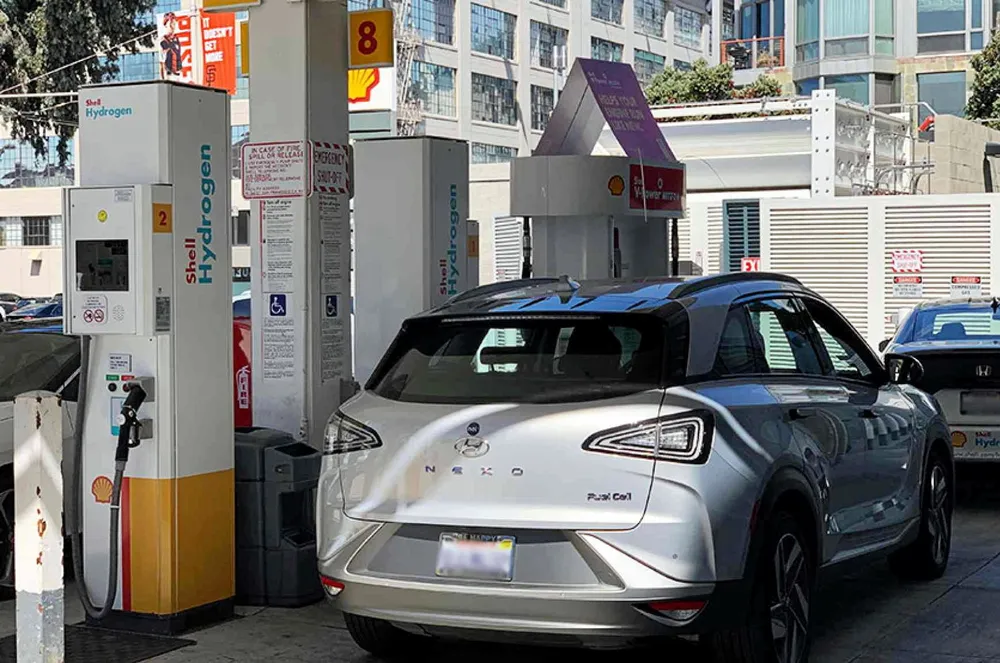Shell scraps plan to build 48 new hydrogen filling stations in California, for which it had been awarded $40.6m grant
Oil giant also recently closed five of its existing H2 stations in the state

Oil giant also recently closed five of its existing H2 stations in the state
